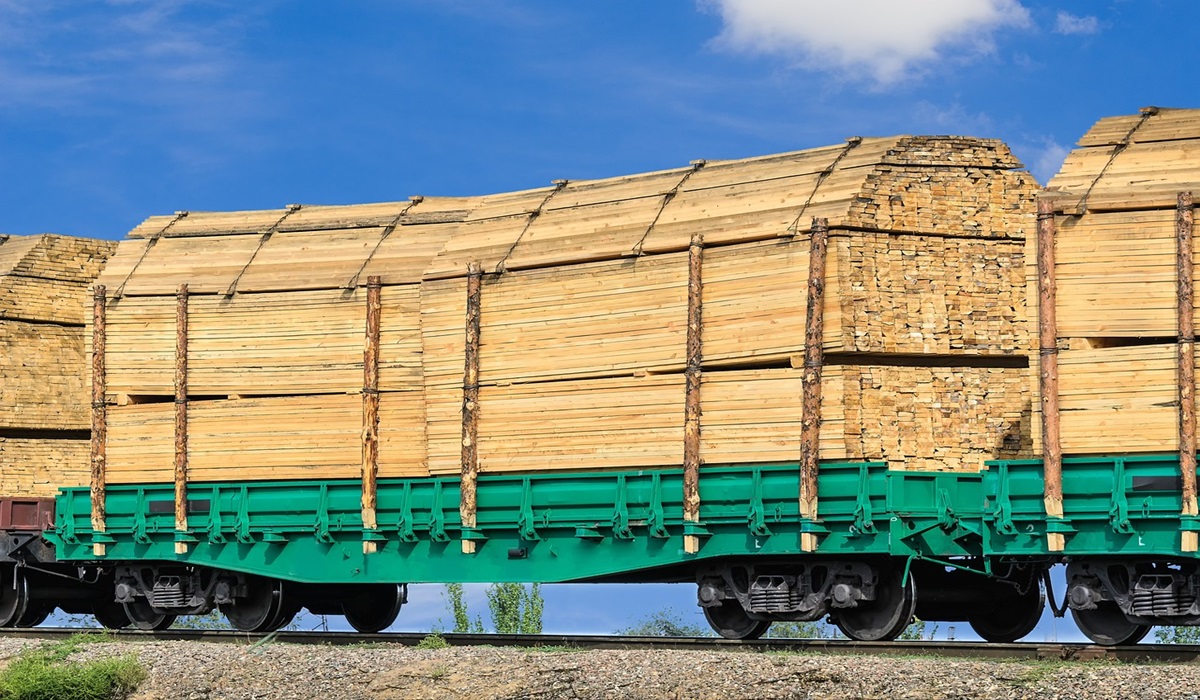Trump’s Lumber Gambit: Can the U.S. Really Cut Canada Out of the Equation?
- Xuemei Pal
- Breaking News
- March 7, 2025

Image Credit, Dmitriy
President Trump’s latest remarks on Canadian lumber have set the stage for yet another trade dispute between the two countries. Declaring that “we don’t need Canada’s lumber” and that he would sign an executive order to “free up our forests” for logging, Trump has doubled down on his belief that the U.S. can be self-sufficient in timber production. But this raises a fundamental question: Can the U.S. truly replace Canadian lumber without causing chaos in the market, or is this just another sweeping statement that ignores economic realities? The United States has long relied on Canadian softwood lumber to support its booming construction industry, with imports accounting for nearly a quarter of U.S. consumption. Simply cutting off that supply would have immediate and far-reaching consequences.
Trump’s assertion hinges on the idea that American forests can be opened up to fill the gap, but that is easier said than done. Expanding logging operations requires more than just a signature on an executive order. It demands infrastructure, investment, and the ability to process the harvested timber efficiently. The U.S. South has seen significant growth in lumber production, with its fast-growing pine forests making it the most likely region to increase output. The Pacific Northwest, once a powerhouse in timber, faces regulatory hurdles and environmental restrictions that would make a rapid expansion of logging difficult. Even if the government were to push forward with aggressive deforestation, there is no guarantee that the industry could ramp up quickly enough to offset the loss of Canadian imports.
The reality is that pulling the plug on Canadian lumber overnight would be disastrous. The U.S. market is not structured to handle such a sudden disruption, and prices would skyrocket as demand outstrips supply. The housing industry, already struggling with affordability issues, would be hit the hardest. Contractors and builders rely on a steady supply of lumber, and a supply shock of this magnitude would send costs soaring. Consumers would be the ones paying the price, both literally and figuratively, as home prices surge and economic uncertainty follows.
If Canada were to call Trump’s bluff and cut off exports, the U.S. would be forced into a desperate scramble to increase domestic production. That process takes time, and time is something the market does not have when construction deadlines are looming and businesses need materials. Simply put, the U.S. cannot go cold turkey on Canadian lumber without severe economic consequences. Trump may believe his own rhetoric, but belief alone doesn’t change supply chains, infrastructure limitations, or economic dependencies. The lumber industry doesn’t run on slogans; it runs on reality. And the reality is that the U.S. still needs Canada, whether Trump wants to admit it or not.








